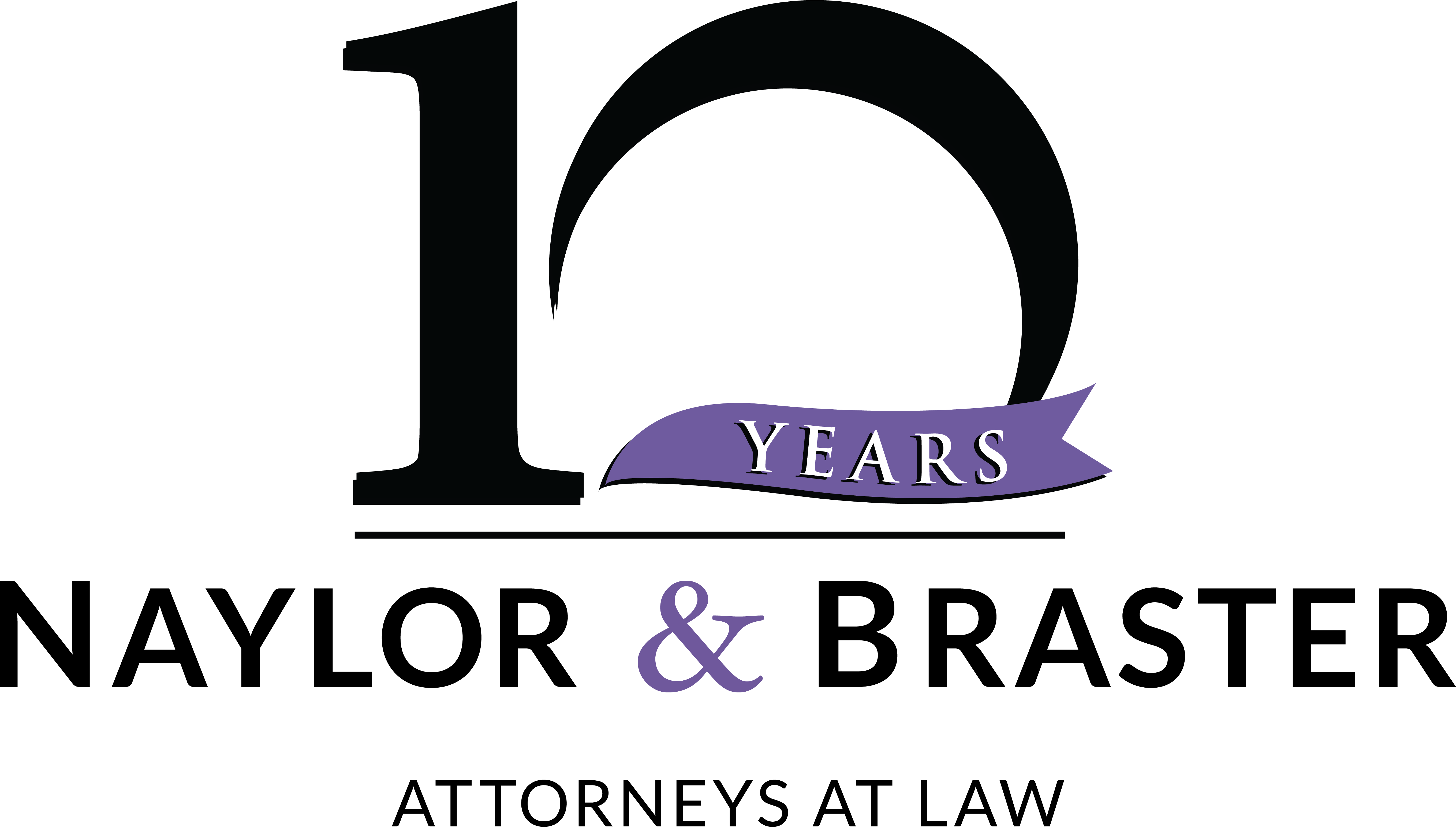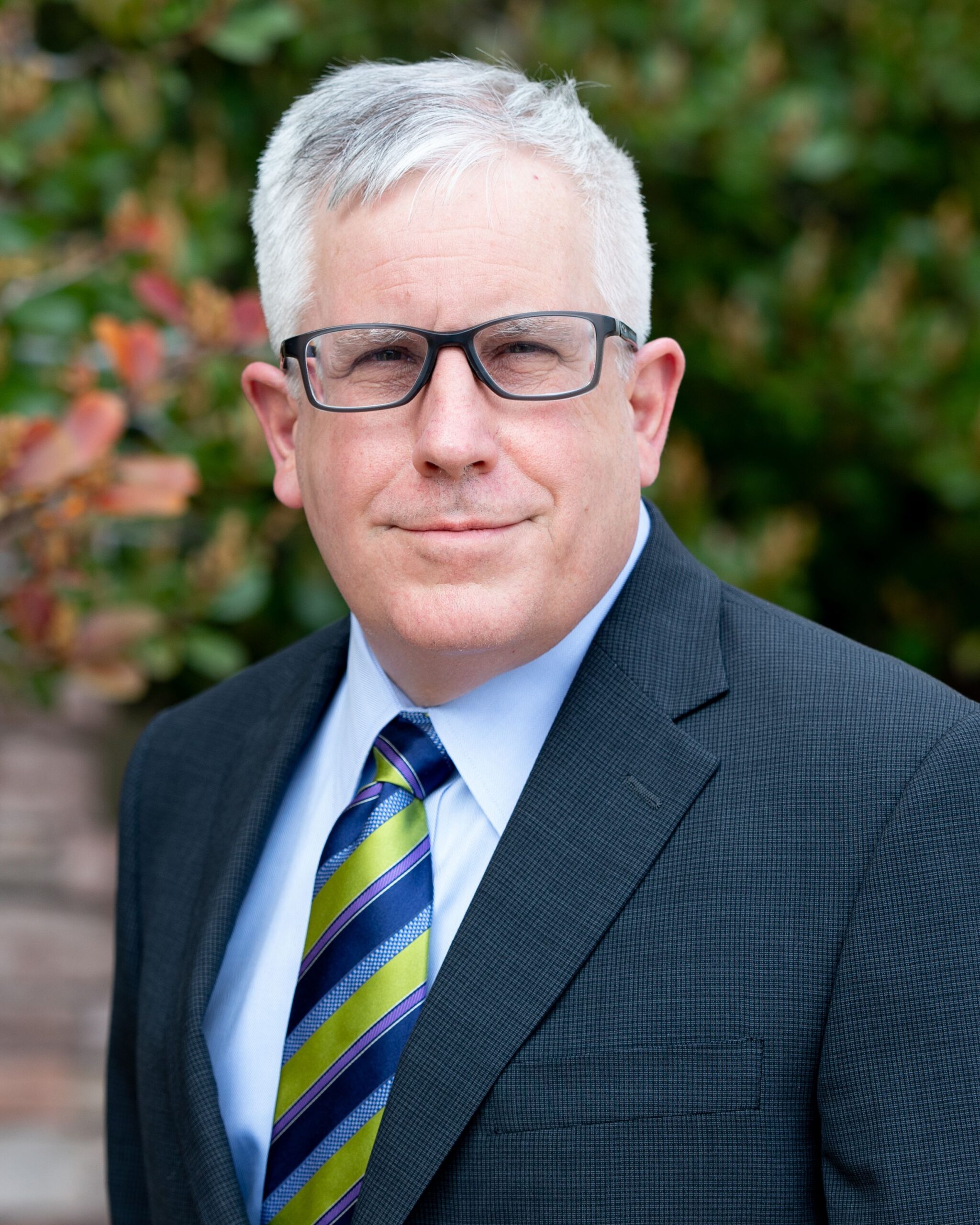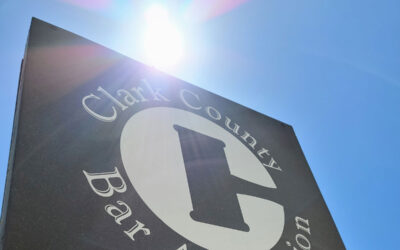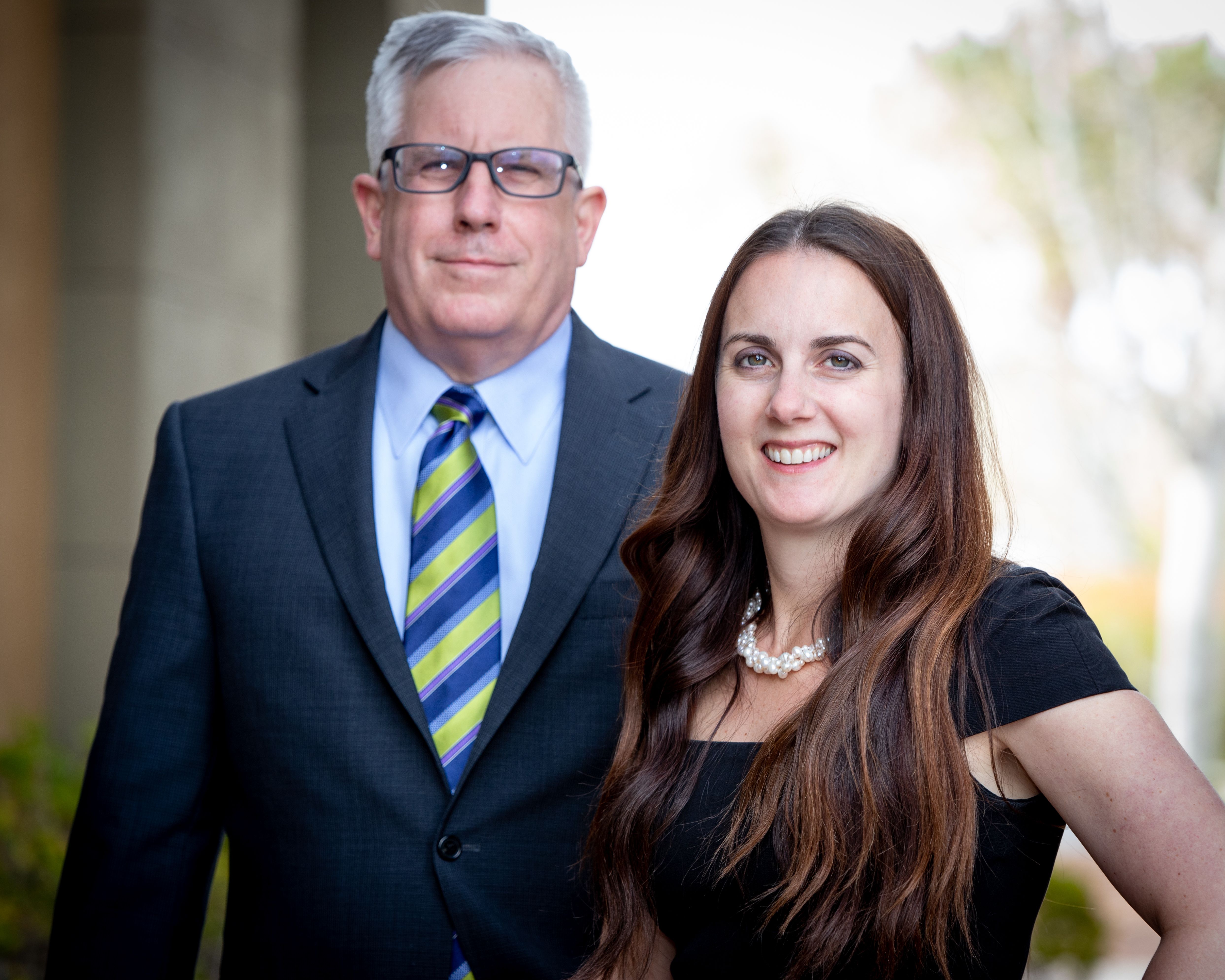BY JOHN M. NAYLOR
Civility seems to be a hot topic. The Board of Governors recently adopted a Creed of Professionalism and Civility which complements the promise of civility that the Supreme Court of Nevada added to the attorney oath in 2014. The creed featured prominently in the public comments during the recent hearing on proposed changes to the Nevada Rules of Professional Conduct. See, e.g., Hearing on ADKT 608, March 21, 2023, Comments of Dennis Kennedy, Esq. But why do we strive for civility, and how do we get there?
Why Civility?
In addition to the inherent value of being professional towards each other, we can also point to concrete positives. Incivility can cost clients, and In re: the Marriage of Davenport, 194 Cal.App.4th 1507 (Cal.App. 2011) is a cautionary tale. The court lists specific examples of attorney behavior that violated the California Attorney Guidelines of Civility and Professionalism (2007) (which are similar to Nevada’s new creed). This opinion is a good reference guide as to how not to behave. The court used the violations of the guidelines to help justify a $100,000 sanction plus a fee award against the client. Space limitations do not permit a greater discussion of this case, but it is worth reading.
It Does Not Involve Just the Lawyers
While the creed is aimed at lawyers, two other groups play no less an important role in promoting civility. Chief Justice Burger said that principles of incivility must be instilled early on in law school. (Comments of Chief Justice Warren Burger before the American Law Institute, 52 F.R.D. 211 (May 18, 1971)). This idea seems to be picking up some traction. How to do this is a lengthy topic, and Prof. Nancy Rapport’s article “Training Law Students to Maintain Civility in Their Law Practices as a Way to Improve Public Discourse,” 98 N.C.L.Rev. 1143 (2020), is a good primer for this topic.
The other group that Chief Justice Burger pointed to were judges, and in particular, trial judges. He recognized that they often bear the brunt of rude behavior from lawyers. He urged judges to resist the urge to snap at counsel, which he recognized as being quite difficult to do at times.
Chief Justice Burger’s point was that no single group was to blame and civility requires the hard work of all three participants in the legal process – judges, lawyers, and the law schools. With that, more civil discourse is within our reach.
This article was originally published in the Communique by the Clark County Bar Association. To read the full story, visit clarkcountybar.org.




